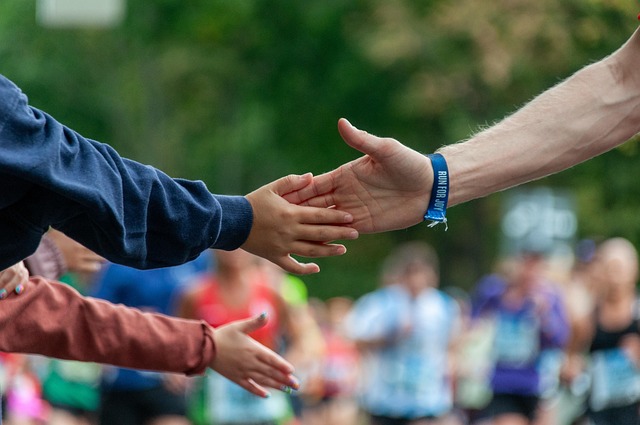The Influence of Social Media on Community Activity in Addiction Recovery
In today’s digital era, social media has transformed the way we connect, share experiences, and support one another, particularly in the realm of addiction recovery. It’s no secret that addiction can often lead to feelings of isolation, making community activity a crucial component in fostering healing and resilience. People in recovery often seek solace and companionship from those who understand their struggles; this is where the power of social media comes into play.
Social media platforms like Facebook, Instagram, and Twitter have become lifelines for individuals navigating the often tumultuous journey of addiction recovery. They enable individuals to engage with supportive communities, share their triumphs and setbacks, and participate in discussions surrounding mental health and sobriety. Through sharing personal stories, users not only find their voices but also inspire others to embark on their own recovery journeys.
The impact of social media on community activity is profound. Online recovery groups often flourish, bridging the gap between geographical boundaries to unite individuals across the globe. These virtual spaces foster authentic conversations, making it easier for individuals to find the support they desperately need. A simple post can resonate with someone struggling in silence, igniting hope and reminding them that they are not alone.
Moreover, social media serves as a platform for outreach and education regarding addiction. Campaigns aimed at increasing awareness about substance abuse often go viral, spurring conversations and reducing the stigma that surrounds addiction. Community activity online encourages members to share resources, recovery techniques, and coping mechanisms, creating a wealth of information that can empower those seeking help. This digital sense of camaraderie can significantly enhance an individual’s commitment to recovery.
However, it’s not all positive. Social media can also present challenges, such as the potential for triggering content or negative influences from peers still entrenched in addiction. It’s important for individuals in recovery to curtail their exposure to harmful messages while still benefiting from the support that social media can offer. Setting boundaries, such as unfollowing accounts that are unhealthy, is essential in maintaining a positive online environment that fosters healing.
Additionally, the addictive nature of social media can sometimes create a paradox for those in recovery. While it provides beneficial community activity and social connections, it can also distract individuals from real-life commitments and face-to-face interactions. Striking a balance between digital engagement and in-person relationships is key to holistic recovery. Engaging in community activities offline—such as attending support group meetings, volunteering, or participating in recreational activities—should remain a priority, as these experiences often yield deeper connections and fulfillment.
In essence, social media wields significant influence over community activity related to addiction recovery. When leveraged thoughtfully, it provides a vital support network that can empower individuals to heal and grow. As we continue to navigate this digital landscape, fostering a supportive online and offline community will be essential in promoting recovery and ensuring that no one faces their struggles alone. By connecting with others, sharing experiences, and utilizing social media responsibly, individuals in recovery can cultivate a rich tapestry of community, strength, and hope.



